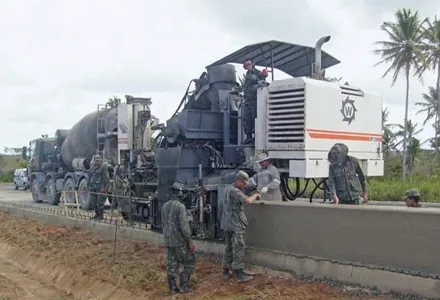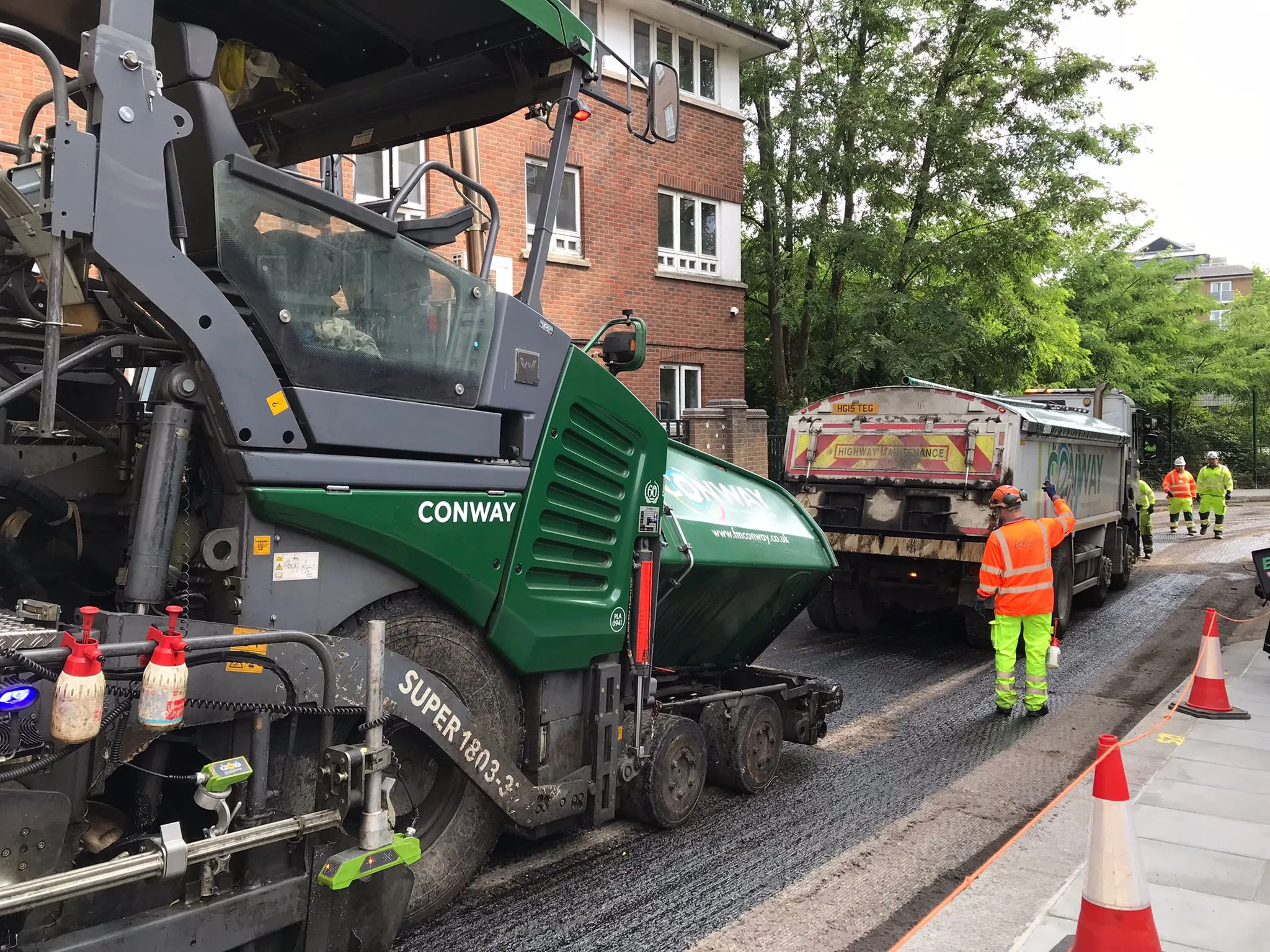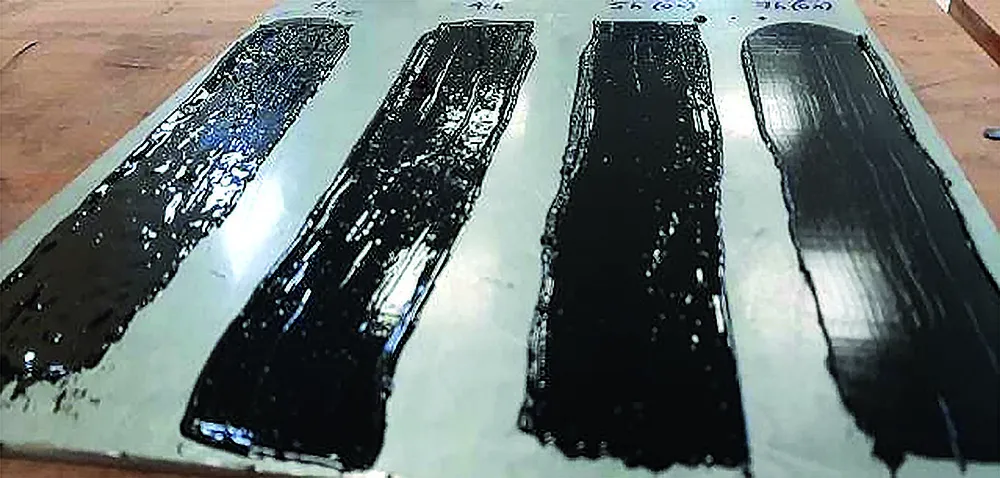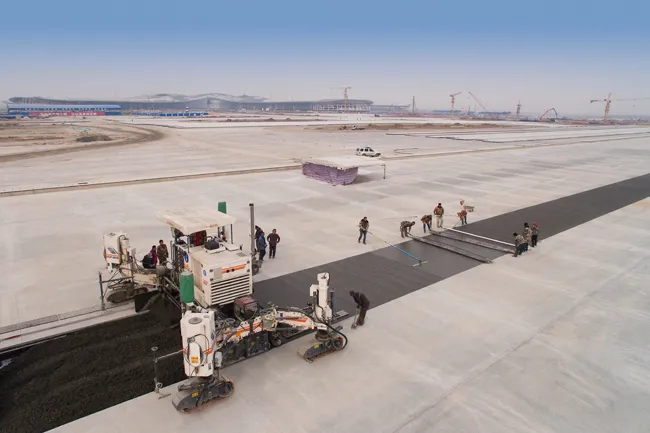
The airport is scheduled to start operations on September 30th, 2019 and when it is complete, Beijing New International Airport will become be the world's largest airport. The huge new facility will play a key transport role as Beijing is a major air passenger hub for Asia. The new airport is located 67km from China’s capital city, along the border to Hebei province. It will relieve pressure on the existing airport northeast of Beijing, currently the world’s second-largest in terms of passenger volume. The new airport is expected to handle 45 million passengers at first but will have a total capacity of 100 million.
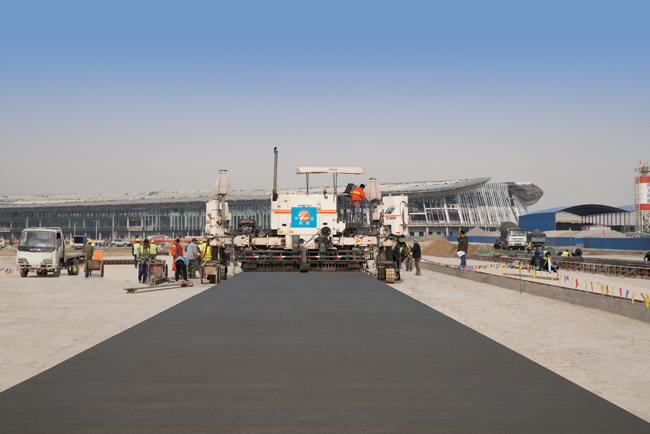
Low temperatures of around 0°C during the cold winters in Beijing were one of the challenges the Beijing Sino-Aero Construction Engineering Co, team faced during the construction period of the large apron area. A total of four
Cost factors are important for large projects and when choosing an equipment fleet, a contractor has to consider several factors. Minimising manpower was one of the main criteria considered by Sino-Aero Construction Engineering. The firm concluded that the Wirtgen slipform pavers would meet the demands of the automated concrete paving work to be carried out.
The paving work was carried out within the necessary parameters, as scheduled. The paving mold slipformed the concrete, exceeding the required specifications. Electrical vibrators were used to provide the high-frequency vibrations needed for optimum compaction of the concrete during the slipforming work. And the oscillating beam and super-smoother then provided the required finish for the new pavement.


